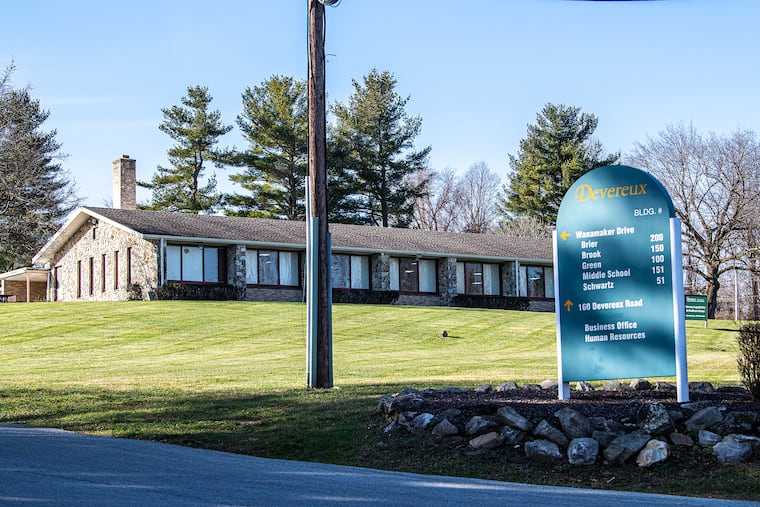Ways to detect, deter, and stop abuse at licensed childcare facilities
The Inquirer recently interviewed seven child-welfare experts about ways to help detect, deter, and stop abuse at licensed childcare facilities and hold them accountable. Here are some proposals.

The Inquirer recently interviewed seven child-welfare experts about ways to help detect, deter, and stop abuse at licensed childcare facilities and hold them accountable. Here are some proposals:
Mandate video surveillance in all common areas and retain the footage for 10 years. Review video footage of any employee who is the subject of a complaint. Pennsylvania regulations currently don’t mandate cameras, although Devereux says it has invested heavily in video technology and retains footage for at least 30 days.
When staff restrain or seclude a child, their employer must report the incident to a state or independent agency for review, including viewing any video footage. Under current regulations, institutions like Devereux are not required to report when a child is restrained or placed in seclusion.
Put the licenses of residential childcare facilities on “provisional” status as a way to enforce safety and quality of care. The state Department of Human Services has the power to revoke a facility’s license, or less severe, issue a provisional license, but rarely does so. A provisional license can cause parents and county agencies to think twice about sending children to a facility until all problems are fixed and a full license is restored.
For each state-licensed facility, require public disclosure of the number of suspected abuse complaints reported to the state and the number of substantiated cases. In addition, require disclosure of the number of other reportable incidents, broken down by type, such as client runaways, abuse or misuse of a child’s funds, an incident requiring the services of the fire or police departments, and an injury or illness that requires hospitalization.
Facilities are required to have a grievance process for clients, families, and guardians, but no agency collects the number and type of grievances. Child-welfare experts say such public information would empower people when selecting a facility and spur institutions to improve conditions.
Enhance training and resources for state and county investigations into allegations of child abuse at state-licensed facilities. Statistics show that the majority of cases are not substantiated by investigators. Child advocates say this outcome is caused by the high caseloads assigned to investigators as well as their inadequate understanding, due to scant training, of how trauma affects children and how to recognize the subtle signs that point to potential abuse.
Pennsylvania Department of Human Services officials have talked to many of these seven experts about improving its oversight of residential facilities for children, an effort prompted in part by public outcry after a 2019 Inquirer investigation into the beating and silencing of boys at Glen Mills Schools and a 2017 investigation into Wordsworth, where a teen died while being restrained by staff, saying, “I can’t breathe.”
DHS Secretary Teresa Miller said to expect the proposed tougher regulations this summer, including changes to Chapter 3800, the state code for childcare facilities, which have not been updated in two decades.